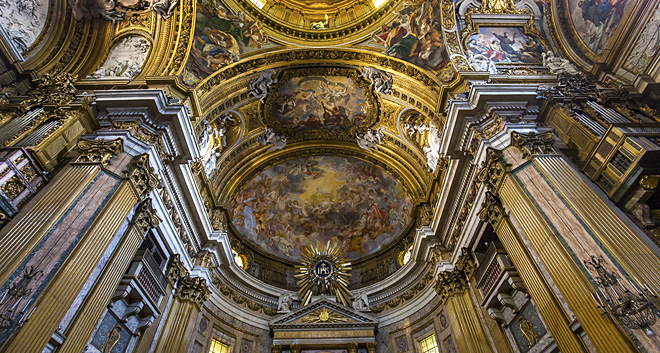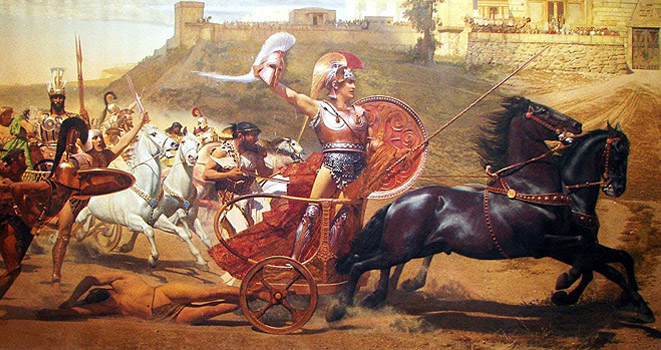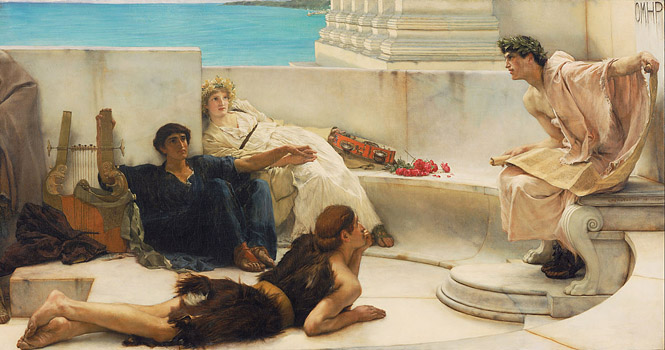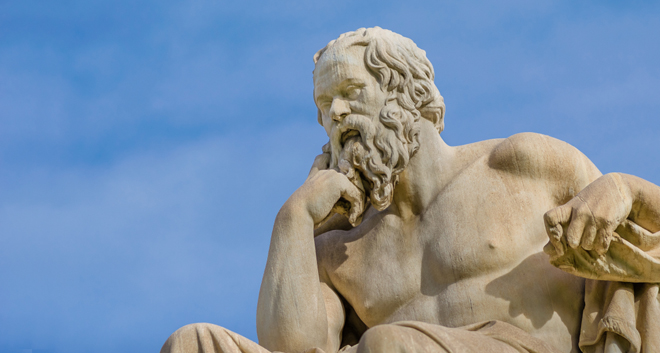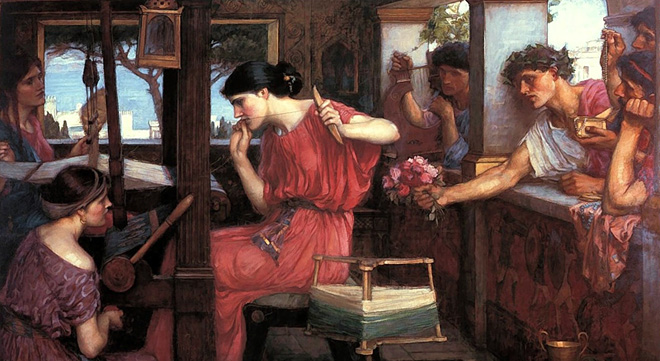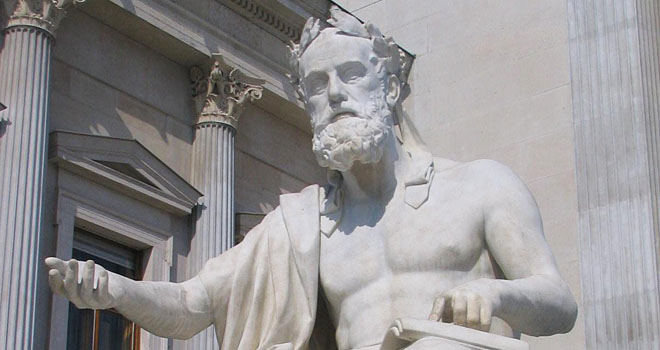What Is Beauty and Why Do We Need It?
Let us suppose there is such a thing as objective beauty. Suppose, along with the classical and Christian traditions, that the human person is made for beauty. Now suppose further that beauty is a kind of composite, that the beautiful is made up of two parts, one metaphysical and the other psychological. If such were … Read more
